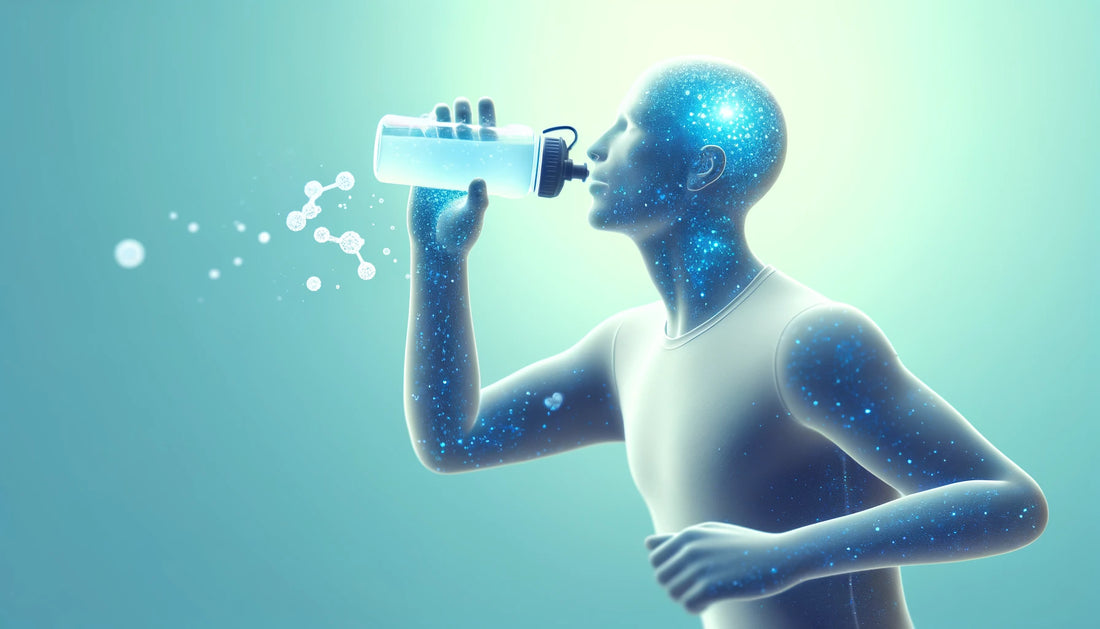
Do electrolytes make you pee less?
Share
Understanding Electrolytes and Their Impact on Urine Production
Electrolytes are not just components of sports drinks; they are crucial minerals with electrical charges that are essential for various physiological processes in the human body, including the crucial task of maintaining fluid balance. While it might seem logical to assume that these hydration-helping substances could decrease how often you need to pee, the reality is quite the opposite—electrolytes can actually increase urine output.
The Role of Sodium in Fluid Balance
Sodium is a key player among electrolytes, heavily involved in regulating the body’s fluid balance. It helps control the amount of water in the body, influencing both water retention and excretion. When sodium levels are high, the body responds by retaining more water, which might suggest a reduction in urine output. However, to maintain a healthy balance, the body will eventually increase urine output to expel the excess sodium.
Scientific Evidence on Sodium and Urine Production
Research supports the idea that an increase in sodium intake correlates with an increase in urine production. A notable study published in the American Journal of Clinical Nutrition demonstrates that higher sodium intake leads to greater urine output among healthy individuals (source). Similarly, research in the Journal of Clinical Investigation found that hypertensive patients also experienced increased urine volume with higher sodium consumption (source).
Potassium and Its Diuretic Effects
On the flip side, potassium, another vital electrolyte, is known for its diuretic effect, which can increase urine output. While potassium is important for overall health and fluid balance, its effect needs to be viewed in context with other electrolytes. Its ability to increase urination can be part of a broader electrolytic interaction affecting fluid balance.
Factors Influencing Electrolyte Balance and Urination
It's important to understand that the effects of electrolytes on urine output are influenced by a variety of factors, including overall fluid intake, hormonal influences such as antidiuretic hormone, and individual physiological differences. Therefore, the impact of electrolytes on urine production can vary widely depending on each person's unique circumstances.
Seeking Professional Advice
Given the complexities of electrolyte management and its impact on hydration and health, consulting with a healthcare professional or registered dietitian can be invaluable. These experts can offer personalized advice based on individual health needs and lifestyle, ensuring that electrolyte intake is properly managed to support overall health and well-being.
In summary, while electrolytes are essential for maintaining fluid balance, their role in influencing urine output is complex and often results in increased urination. Understanding this dynamic can help individuals manage their hydration more effectively, especially in contexts where electrolyte balance is crucial, such as in athletic performance or managing health conditions.

